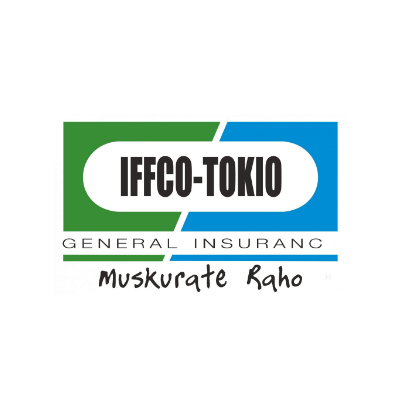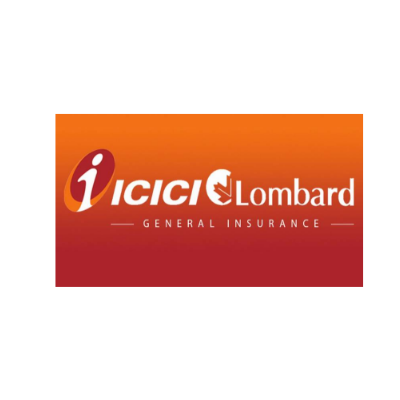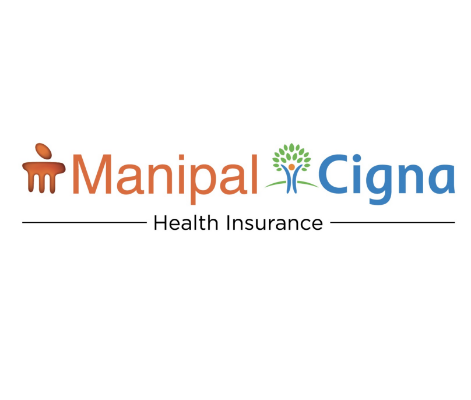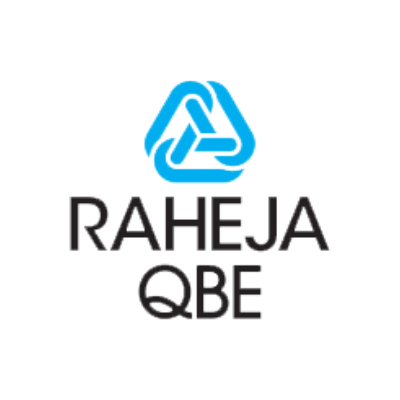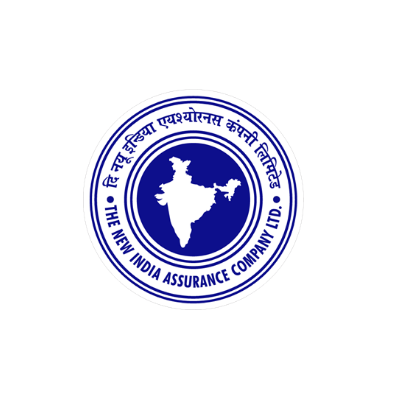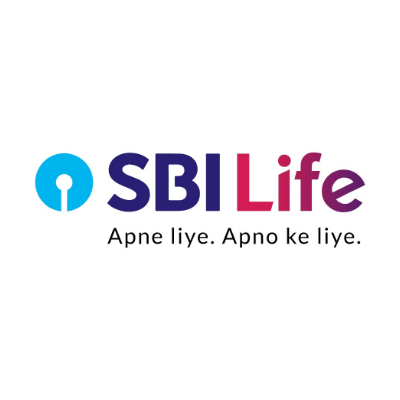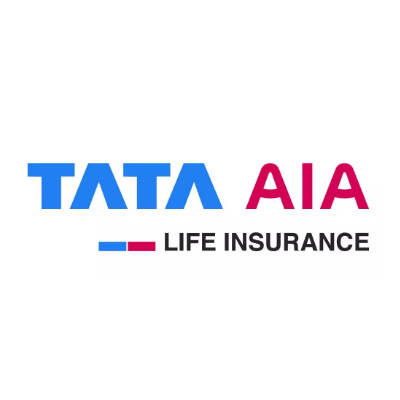NEW HEALTH INSURANCE GUIDELINES BY IRDAI FOR 2024
The Insurance Regulatory and Development Authority of India (IRDAI) has introduced several significant changes to health insurance regulations, effective from April 1, 2024.
These new guidelines are designed to make health insurance more inclusive and accessible for everyone.
IRDAI New Guidelines on Health Insurance
-
Health Insurance Plans for All Age Groups
In a move that benefits everyone, especially senior citizens, IRDAI has removed the age limit for purchasing health insurance. Previously, insurers were required to offer plans only up to the age of 65. Now, no matter your age, you can buy a health insurance policy whenever you feel the need. This change makes it easier for older individuals to secure comprehensive health coverage without worrying about age restrictions.
-
Shorter Waiting Period for Pre-existing Diseases
One of the most welcome changes is the reduction of the waiting period for pre-existing diseases. Previously, policyholders had to wait for up to four years before they could claim treatment costs for conditions like diabetes or hypertension. Under the new rules, this waiting period has been cut down to three years. This means you can now access coverage for pre-existing conditions much sooner, giving you faster financial relief when you need it most.
-
Reduced Waiting Period for Specific Diseases
Similarly, the waiting period for certain specific diseases or procedures, such as joint replacement surgeries, has also been reduced to three years. This change allows you to claim the cost of these treatments sooner, offering better support during critical times.
-
Access to Policies for Those with Severe Medical Conditions
IRDAI has also made it mandatory for insurance companies to offer health policies to individuals with severe pre-existing conditions, including heart disease, cancer, renal failure, and AIDS. This step ensures that even those with serious health challenges have the opportunity to obtain coverage, promoting a more inclusive health insurance environment.
-
No Sub-Limits on AYUSH Treatments
For those who prefer alternative forms of treatment, the IRDAI has removed sub-limits on AYUSH therapies. Now, you can claim the full cost of treatments like Ayurveda, Yoga, Naturopathy, Siddha, Unani, and Homeopathy, up to your policy's sum insured limit. This change supports a more holistic approach to health and well-being.
-
Customized Plans for Specialized Groups
IRDAI has urged insurers to create tailored health insurance plans for specific groups such as senior citizens, children, pregnant women, and students. These customized plans will better address the unique needs of these groups, helping them find the most suitable coverage options.
-
Dedicated Support for Senior Citizens
Understanding the unique needs of older adults, IRDAI has also asked insurers to set up dedicated support channels to handle claims and complaints from senior citizens. This ensures that older policyholders receive prompt and compassionate service, tailored to their specific needs.
-
Shorter Moratorium Period
The moratorium period, which previously extended to eight years, has now been reduced to five years. After this period, insurance companies cannot reject claims due to non-disclosure of pre-existing conditions or misunderstandings, unless there is proven fraud. This offers policyholders greater security and trust in their coverage over time.
-
Transition to Benefit-Based Policies
IRDAI has directed insurance companies to phase out indemnity-based policies and instead offer only benefit-based policies. With this change, policyholders will receive a fixed sum upon diagnosis of a covered illness, making the claims process simpler and more straightforward.
-
Flexibility with Multiple Claims
Lastly, IRDAI has introduced a new rule allowing policyholders to file multiple claims across different insurers if they have benefit-based policies. This flexibility ensures that you have more options and broader coverage in case of illness, giving you greater peace of mind.
These changes reflect IRDAI's commitment to making health insurance more accessible, inclusive, and user-friendly, ensuring that more people can benefit from the protection and support that health insurance provides.
Cashless Claim Settlement under IRDAI Guidelines
The Insurance Regulatory and Development Authority of India (IRDAI) has introduced new guidelines to improve the cashless claim settlement process in health insurance. Here are the key points:
- Cashless Authorization
Insurers must decide on cashless authorization requests within one hour, ensuring faster approval for medical treatments.
- Document-Free Process
Policyholders are no longer required to submit physical documents for claim processing. Insurers and TPAs will collect necessary documents directly from hospitals. No more document rejection on insurance claim irdai update 2024
- Three-Hour Discharge
After receiving a discharge request from the hospital, insurers must grant final authorization within three hours to prevent delays in patient discharge. In the recent days IRDA health insurance announced cashless claim in 3 hours of 2024
Comparison of Health Insurance Policies: Old vs. New IRDAI Guidelines (Before and After 2024)
Old Policy
|
New Policy
|
|
1. Free-Look Period: The free-look period varied among insurers and could be shorter than 30 days.
2. Moratorium Period: The moratorium period for non-disclosure of pre-existing conditions was typically 8 years.
3. Entry Age Limits: There was a maximum entry age limit of 65 years for most health insurance products.
4. Grace Periods: Grace periods for policy renewal varied across insurers, leading to inconsistency.
5. Cashless Claim Settlement: There were no specific guidelines on the time frame for cashless claim settlement, leading to potential delays.
6. Support for Senior Citizens: Support for senior citizens in terms of specialized channels was not mandatory.
|
1. Free-Look Period: Standardized to 30 days for all health insurance policies, ensuring uniformity and a longer evaluation period for policyholders. 2. Moratorium Period: Reduced to 5 years, enhancing security for policyholders regarding pre-existing conditions disclosure.
3. Entry Age Limits: The maximum entry age limit of 65 years has been removed, allowing insurers to set their own limits for different products.
4. Grace Periods: Standardized grace periods of 15 days for monthly premium policies and 30 days for others, providing clear timelines for policy renewals. 5. Cashless Claim Settlement: Insurers must decide on cashless authorization requests within one hour, ensuring faster processing during medical emergencies.
6. Support for Senior Citizens: Mandatory provision of specialized support channels for senior citizens, aiming for better service and assistance. |
Final Thoughts
The IRDAI's new guidelines for health insurance in 2024 bring significant changes aimed to enhance policy transparency, improve customer satisfaction, and ensure timely claim settlements. IRDA updates offer greater flexibility, protection, and support for policyholders across India.
Before you choose your next health insurance policy, take the time to understand these new regulations. Make an informed decision that aligns with your needs and secures your future healthcare needs.
FAQs on IRDAI New Guidelines
Q1. What is IRDAI?
Ans: The Insurance Regulatory and Development Authority of India (IRDAI) oversees and regulates the insurance industry in India, ensuring fair treatment and protection for policyholders.
Q2. What is the free-look period under the new IRDAI guidelines?
Ans. The free-look period now applies uniformly at 30 days for all health insurance policies, allowing you to review and cancel a policy if it doesn't meet your expectations.
Q3. How has the moratorium period changed?
Ans: The moratorium period for non-disclosure of pre-existing conditions has been reduced to 5 years, providing more security for policyholders.
Q4. Can I renew my policy easily under these new guidelines?
Ans: Yes, the grace period for policy renewal is now standardized, ensuring you have ample time to renew without losing benefits.
Q5. How can I take advantage of the free-look period under the new rules?
Ans. You can utilize the free-look period of 30 days to thoroughly review your health insurance policy. If you find it unsuitable, can I cancel it within this period and receive a refund?
Q6. Can I avoid claim rejections due to pre-existing conditions after five years of continuous coverage?
Ans: Yes, after five years of continuous coverage, you can avoid claim rejections related to non-disclosure of pre-existing conditions, provided there's no fraud involved.
Q7. Can I renew my health insurance policy without losing benefits?
Ans. Yes, you have a grace period of 15 days for monthly premium policies and 30 days for others to renew your policy without losing any benefits.
Q8. How can I ensure fast claim settlements under the new IRDAI guidelines?
Ans. You can expect insurers to decide on cashless authorization requests within one hour, ensuring prompt and efficient claim settlements.
Q9. Can I switch my health insurance policy to another insurer without losing my accrued benefits?
Ans: Yes, you can port your policy to a different insurer without losing your accumulated benefits, ensuring continuity in coverage and benefits.











